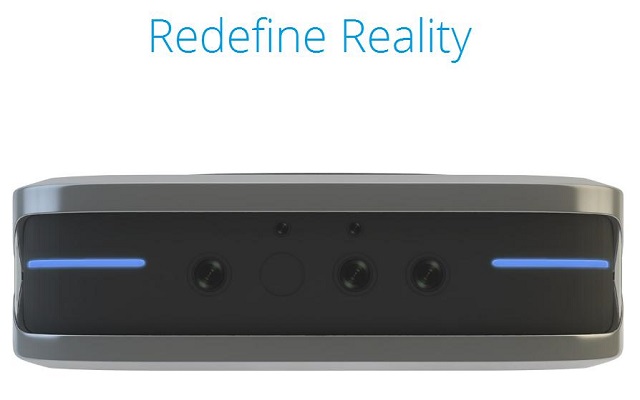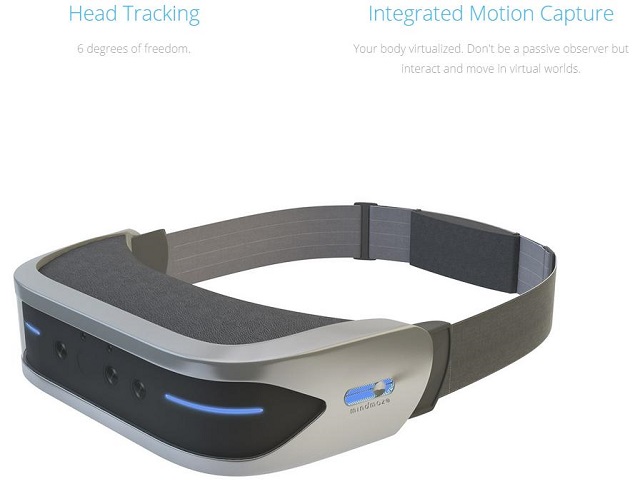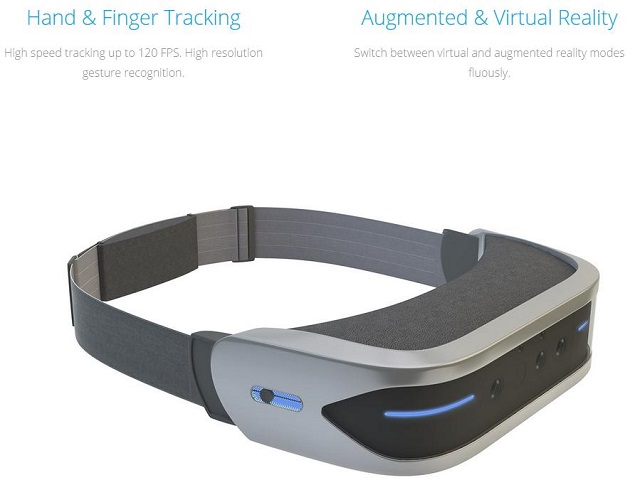Everyone involved in making VR headsets wanted to showcase their products at GDC 2015, but it was MindMaze’s thought-controlled virtual reality gaming system that really stole the show.
MindLeap, as Switzerland-based neurotechnology company MindMaze named its brainchild, really brings something revolutionary to the table, and even though it was unveiled at the Game Developers Conference in San Francisco, its developers insist that it could have applications way beyond that.

“MindMaze puts your brain into the game. Never before have neuroscience, virtual reality, augmented reality and 3D full-body motion-capture come together in a games system. Gamers will be able to see, feel and experience virtual gameplay with absolutely no delay or need for controllers. The technology will enable game developers to deliver responsive virtual games experiences, further immersing gamers into the gameplay and creating opportunities for deeper levels of engagement with consumers,” explained Dr. Tej Tadi, founder and CEO of MindMaze.

Doing away with gamepads or controllers, and relying instead on brainwaves and motion capture cameras to interpret the users actions and intentions makes the whole experience far more realistic.
As mentioned by the company’s CEO, MindLeap can also be used for augmented reality applications, not just for VR. The cameras located in the front of the headset will capture the surroundings and depending on the triggers, it will display AR elements in front of the user.
Regardless of the type of artificial reality that MindLeap will be used for, the manufacturer promises near millisecond synchronization, and this is yet another factor that will increase the realism of the gaming experience. The system consisting of a pair of NeuroGoggles and 3D motion capture cameras will be compatible with Android and iOS smartphones and tablets, as well as with Xbox and PlayStation gaming consoles, so there shouldn’t be any content deficiencies.

The $8.5 million funding round that MindMaze has just closed will enable the Swiss company to implement the technology in the medical field. As far-fetched as it may sound, the MindLeap thought-controlled VR system could be used for accelerating recovery in patients whose motor functions have been affected. Monitoring the brain while motivating the patients to interact with the virtual reality will help scientists have a better grasp of how movement recovery could be accelerated.
Be social! Follow Walyou on Facebook and Twitter, and read more related stories about the Dexmo haptic exoskeleton that grants you control over virtual matter, or the Vertigo Simulator.










